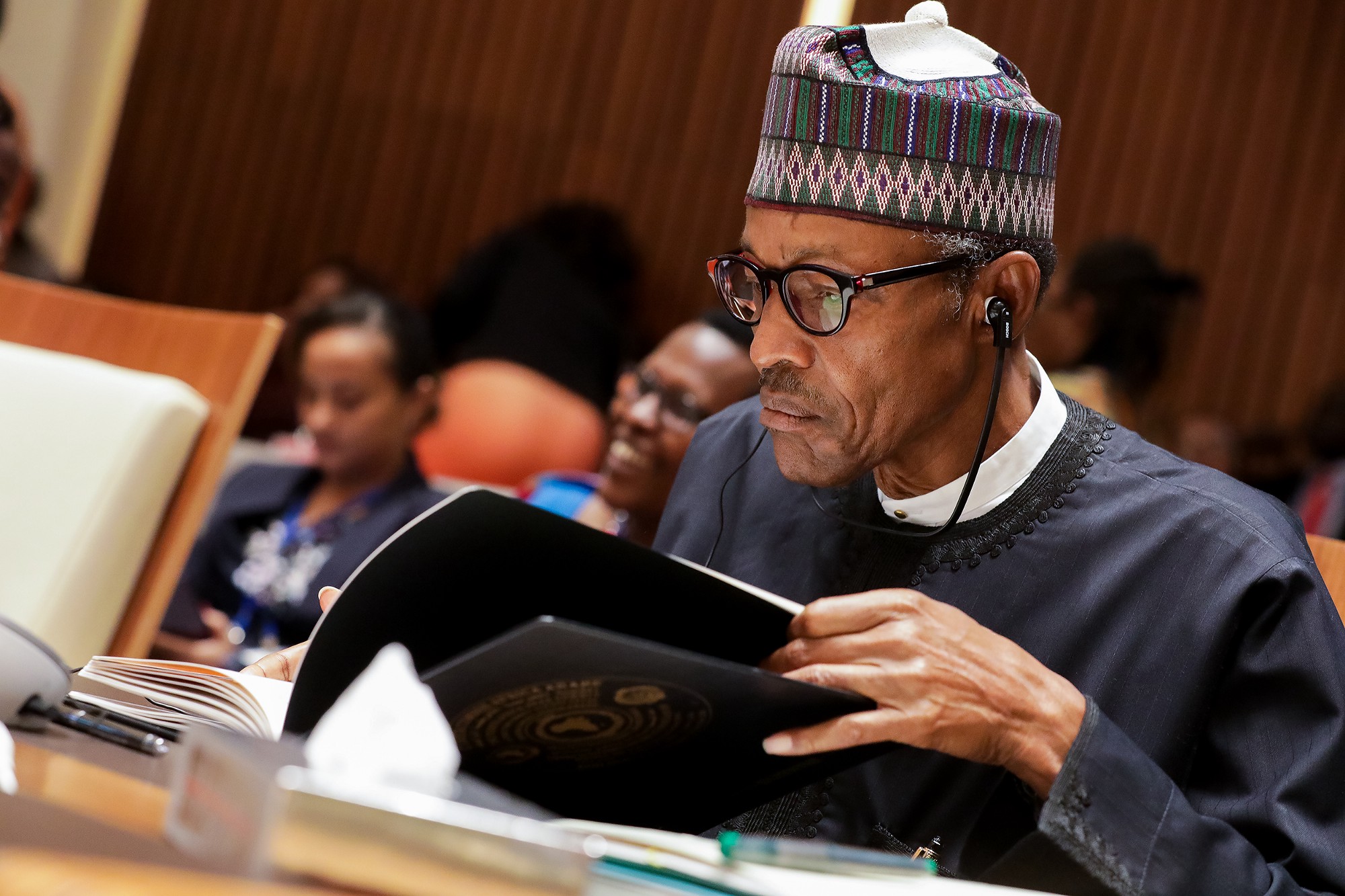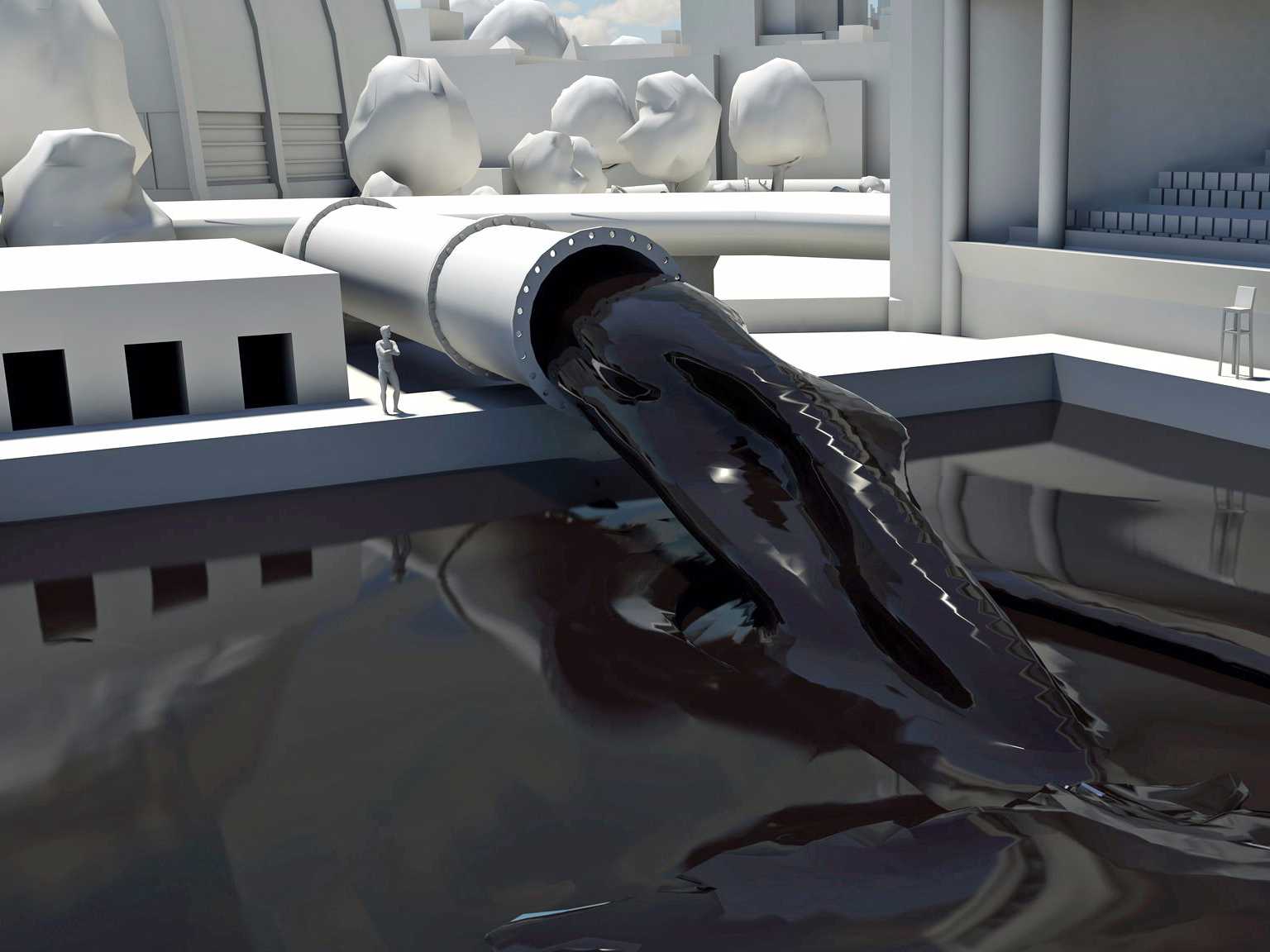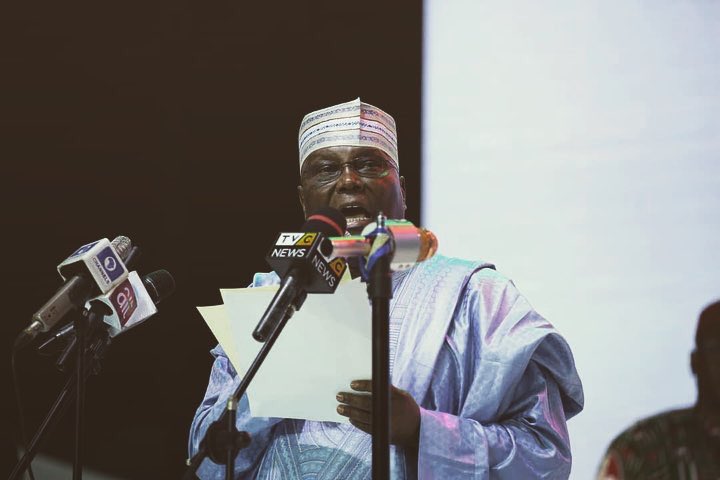BY ABUBAKAR D. SANI
The public disquiet over the continuing service of the incumbent head of the Police Force, the Inspector-General, Mal. Ibrahim Idris, is based on the assumption that he has attained (or will shortly attain) either or both of the milestones statutorily prescribed for his compulsory retirement under Rule 020810 of the extant Federal Public Service Rules. This provision requires all officers of whatever grade in the Public Service of the Federation to disengage from the Service in two instances: on attaining 35 years of pensionable service or their 60th birthdays, whichever is earlier.
The popular belief is that IG Idris is caught by this stipulation because he reportedly enlisted in the force on the 3rd day of January 1984 (meaning that he attained the first milestone on 3rd January, 2019), while he will be 60 years old on the 15th day of January, 2019. This raises a number of basic but fundamental questions. First of all, do the Public Service Rules apply to police officers and, if so, is it possible to extend their service years under any known law?Assuming that the Public Service Rules apply to the IGP, what is the legal status of those Rules?
The Police under the Law
Advertisement
Section 214 of the 1999 Constitution establishes the Nigeria Police Force as the sole policing authority for the Federation. Section 215 of the Constitution provides that the Police shall be under the operational command and control of the Inspector-General, who shall be appointed by the President on the advice of the Nigeria Police Council from among serving members of the Force. By virtue of Section 11(1)(c)(i) of the Interpretation Act, this power includes the power to reappoint or reinstate him/her. Paragraph 30 of the Third Schedule to the 1999 Constitution provides that the Police Service Commission shall appoint and exercise disciplinary control over all police officers apart from the Inspector-General.
The Constitution, thus, creates specific structures for managing and controlling the police. This is in contradistinction to other officers in public service of the Federation who are under a separate command and control structure- the Federal Civil Service Commission, FCSC – by virtue of Paragraphs 10 & 11 of the Third Schedule to the 1999 Constitution. The powers of the FCSC over Federal civil servants are expressly stated therein to be without prejudice to those of, inter alia, the President and the Police Service Commission.
Who Can Regulate Public Officers?
Advertisement
By virtue of Items 53 and 68 of the Exclusive Legislative List of the Constitution, it is the sole prerogative of the National Assembly to regulate officers in the Public Service of the Federation, including matters which are incidental or supplementary thereto. This presumably includes the terms and conditions of service of such officers, commonly known as the Public Service Rules. Such Rules were judicially noticed by the apex court in SHITTA-BEY vs. FEDERAL PUBLIC SERVICE COMMISSION (1981) 1 S.C. 26 @ 32. We must not make too much of this, however, as that recognition was based on specific provisions of the 1963 Constitution which, like the present Constitution, excluded policemen and judicial officers from the purview of the Federal Public (or Civil) Service Commission.
What about Police Officers?
By virtue of Items 45 and 68 of the Exclusive Legislative List of the Constitution, the National Assembly possesses the sole authority for regulating the Police both in terms of substantive legislation as well as matters incidental or supplementary thereto. The Assembly exercised (or is deemed to have exercised) this power through the Police Act and the Police Regulations (and Standing Orders?)made by the President vide powers conferred on him under Sections 46 &47 of the Police Act. They provide, inter alia, thus:
- 46(b): “the President may make regulations on the recommendations of the Police Service Commission with respect to appointments to offices in the Force, promotion, transfer, dismissal and disciplinary control of officers”.
- 47(1)(b): “the President may make standing orders for the good order, discipline and welfare of the Force after consultation with the Police Service Commission with respect to any matter relating to appointments to offices in the Force, promotion, transfer, dismissal and discipline of members of the Force”.
- 47(3): “such Standing Orders shall be binding on all police officers, but need not be published in the Federal Gazette”
Apart from Regulations 137-148 of the Police Regulations, I’m unaware of any specific provisions for reabsorbing, re-engaging, reappointing or extending the service tenure of policemen. The aforesaid Regulations are applicable to only ‘rank and file’ policemen, whose tenures may be extended at the discretion of a Commissioner of Police. To the best of my knowledge, no similar provision exists for extending the service of policemen above the rank of Commissioner, or at all events, outside the so-called ‘rank and file.’
Advertisement
Do the Public Service Rules apply to Policemen?
This question is at the heart of the controversy over the legality of IGP’s continued stay in the Force. The foregoing demonstrates that to the extent that the Federal Public Service Rules are inapplicable to the Police, no known law stops the President from extending the service of the IGP as a prelude to reappointing him to that office. See Section 11(1)(c)(i) of the Interpretation Act, supra. Indeed, there is some precedent (albeit tenuous) for such a step, as all the incumbent Service Chiefs, including the Chief of Defence Staff, have exceeded the retirement ages under the Federal Public Service Rules, having enlisted in the military over 35 years ago – three of them in 1979, and the last, the Chief of Army Staff, in 1983.
We must quickly add, however, that when the President extended their terms of service in December 2017, he did so pursuant to Section 09.06 of the Harmonised Terms and Conditions of Service of Officers (2012) as revised, which were ostensibly made pursuant to the Armed Forces Act. If indeed, President Buhari intends to extend the tenure of IG Idris, it seems that Section 10(2) of the Interpretation Act would provide him with some authority of sorts. It provides that “an enactment which confers power to do any act shall be construed as also conferring all such other powers as are reasonably necessary to enable that act to be done or are incidental to the doing of it”. See ATT-GEN OF CROSS RIVER STATE vs. OJUAH (2011) All FWLR Pt. 594 pg. 151. In other words, to the extent that Section 215(1) of the Constitution empowers the President to appoint the IGP (who must be a serving police officer), if the President desires to reappoint a supposedly retiring IGP, he can validly do so simply by extending his service as a Police officer.
I humbly posit that such a power is reasonably necessary to enable the President to exercise his constitutional power of appointing the IGP and is incidental to the doing it within the contemplation of Section 10(2) of the Interpretation Act. However, a more straightforward way of achieving this would be for the President to enact the requisite enabling Regulation or Standing Order, pursuant to Sections 46 & 47 of the Police Act as aforesaid – assuming, that is, no such provision already exists.
Advertisement
Sani wrote from Kano
m: 08034533892
Advertisement
Views expressed by contributors are strictly personal and not of TheCable.
Add a comment






